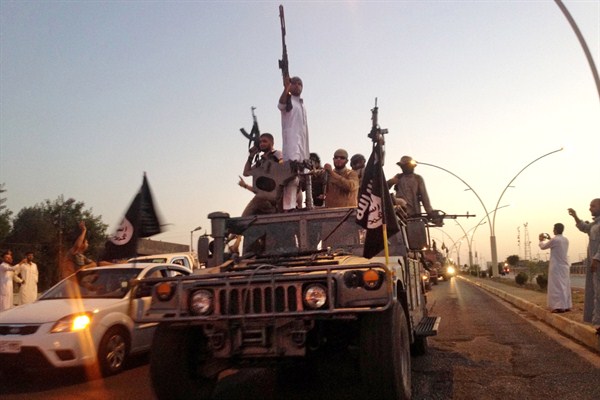Earlier this month, during a campaign stop in Ottawa ahead of October’s federal elections, incumbent Canadian Prime Minister Stephen Harper proposed new legislation to prohibit travel to terrorism hot spots like Iraq and Syria. “A re-elected Conservative government will designate travel to places that are ground zero for terrorist activity a criminal offense,” Harper said.
This is not a new idea. Australia has already enacted a similar measure this year, listing parts of Iraq and Syria as no-travel zones. Individuals caught violating the law face 10 years in prison. Exemptions exist for journalists, representatives of national governments and the United Nations and those visiting family members. However, there is no legal possibility for pre-clearance in Australia. Individuals traveling to those areas have to convince authorities that their trip was lawful upon return.
Although the details are still sketchy, it seems that the Canadian proposal may include exemptions for journalists and aid workers. A day after the initial announcement, a Conservative Party campaign spokeswoman added another caveat, saying the proposal “is not intended to prosecute individuals who can prove they have been working with groups fighting against” the self-declared Islamic State. “If they can prove that they are fighting against [the Islamic State], then they will not be prosecuted, that’s not the point of this.” That only added more confusion about what the measure would look like in practice.

